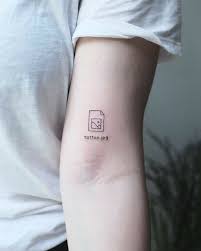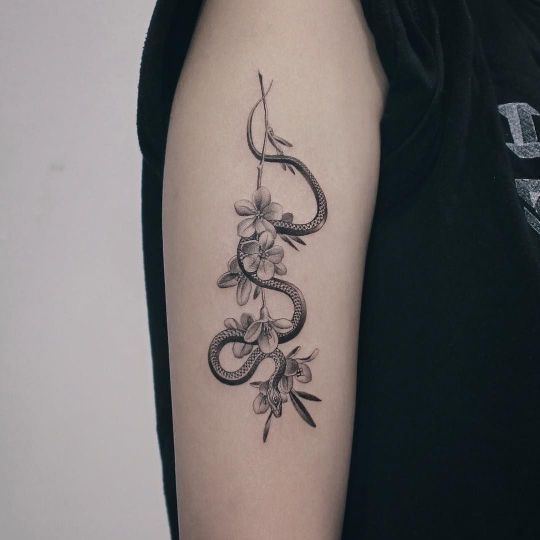
Tattoos have become increasingly popular in recent years, with more and more people choosing to get inked. They can be a form of self-expression and make a powerful statement. For example, a tattoo of your state or country can be highly symbolic and creative. Roman numeral Tattoos are also famous for commemorating special dates and milestones.
What is a tattoo?
Tattoos are permanent marks created by injecting ink into the skin using needles. They can be decorative, symbolic, or pictorial and indicate social status, membership within groups, or even for cosmetic purposes. Numerous studies have shown how Tattoos can affect an individual’s self-image, but the results vary depending on factors like sample size and survey methods.
The process of getting a tattoo
Before beginning the tattooing process, the artist will clean and sterilize the area to prevent infection. Antibacterial ointment and aftercare instructions are given to ensure proper healing and minimize disease risk. It’s essential to follow these instructions carefully to avoid any complications.
The tattoo artist will then outline the design on your skin, so it’s essential to communicate your vision clearly before they start tattooing. The process can take time, especially for larger Tattoos requiring multiple sessions. During this time, it’s essential to stay hydrated, engage in activities like reading or listening to music to keep yourself occupied, and avoid sunbathing or using a solarium, as they can irritate the skin and prolong the healing process.
The pain of getting a tattoo
Tattooing involves puncturing the skin, which may cause some bleeding, although usually minimal. Professional tattooing environments are clean and have a low risk of infection. It’s advisable to avoid smoking or taking blood thinners before getting a tattoo, as these can thin the blood too much.
Everyone has different pain tolerance levels, and the location of the tattoo also plays a role. Areas with less fat and more nerve endings tend to be more painful. Proper preparation, topical anesthetics, and following the artist’s aftercare instructions can help reduce pain during and after tattooing. Eating protein-rich meals before getting a tattoo can help the immune system respond better to needle trauma and decrease discomfort.
The aftercare of a tattoo
Tattoos require artistic care and proper medical aftercare to heal effectively and maintain their vibrancy. Failure to follow these steps can lead to infection or scarring. By following the steps below, you can avoid these issues:

